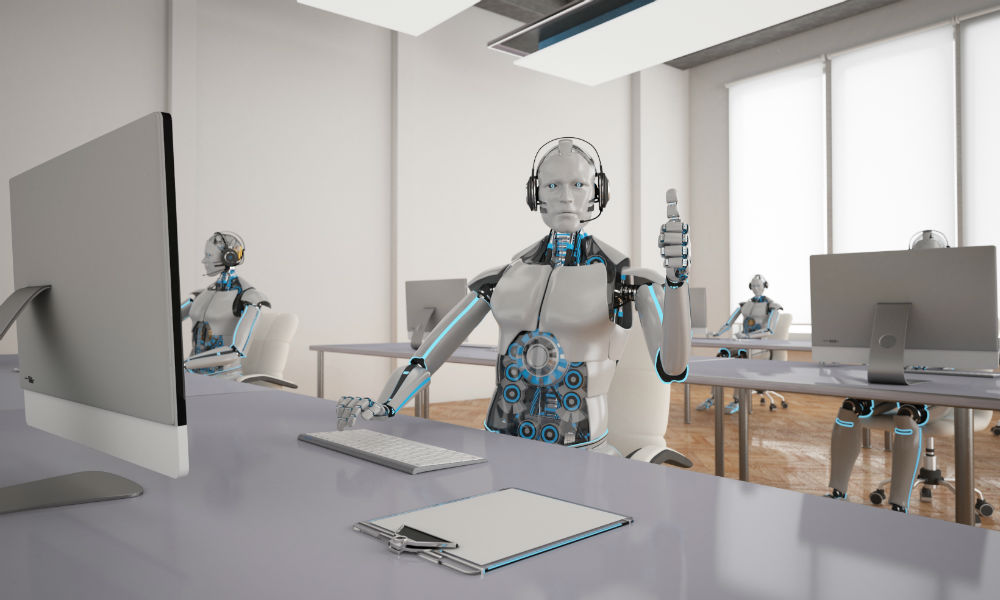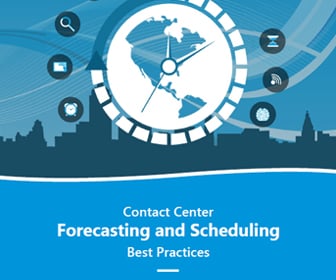Workforce Management Featured Article
Study Finds Few Workers Understand How AI Affects Them at Work

While we know many technology and solutions providers are building machine learning and artificial intelligence (AI) into their solutions, apps and platforms, the concept of what employees think about AI is less well understood. In the contact center, many solutions – most notably quality monitoring and workforce management – employ AI to analyze data, make predictions, and recommend next-best actions. In workforce management, the goal is to find hidden patterns in the historical data used to generate forecasts for volume and work time. These are all very employee-centric solutions, yet new research from Genesys (News - Alert) has found that few employees understand how AI affects them.
The Genesys research was drawn from a study of broad attitudes of 1,103 employers and 4,207 employees in the United States, Germany, the United Kingdom, Japan, Australia and New Zealand regarding the current and future effects of AI on their workplaces.
The study found that more than half of the employers questioned in a multi-country opinion survey say their companies do not currently have a written policy on the ethical use of AI or bots (only 23 percent of companies do), and 21 percent expressed a definite concern that their companies could use AI in an unethical manner. An additional 40 percent of employers without a written AI ethics policy believe their companies should have one, a stance supported by 54 percent of employees.
"As a company delivering numerous customer experience solutions enabled by AI, we understand this technology has great potential that also comes with tremendous responsibility," said Merijn te Booij (News - Alert), chief marketing officer for Genesys, in a statement. "This research gives us important insight into how businesses and their employees are really thinking about the implications of AI – and where we as a technology community can help them steer an ethical path forward in its use."
Meanwhile, the number of companies using AI-driven solutions to monitor employees appears to be on the rise. A 2018 survey by Gartner (News - Alert) found that 22 percent of organizations worldwide in various industries are using employee-movement data, 17 percent are monitoring work-computer-usage data, and 16 percent are using Microsoft (News - Alert) Outlook- or calendar-usage data.
Taking the technology to an extreme level is Amazon, which recently received a patent for an ultrasonic bracelet that can detect a warehouse worker’s location and monitor their interaction with inventory bins by using ultrasonic sound pulses. The system can track when and where workers put in or remove items from the bins and make detailed analyses of productivity.
Edited by Maurice Nagle







